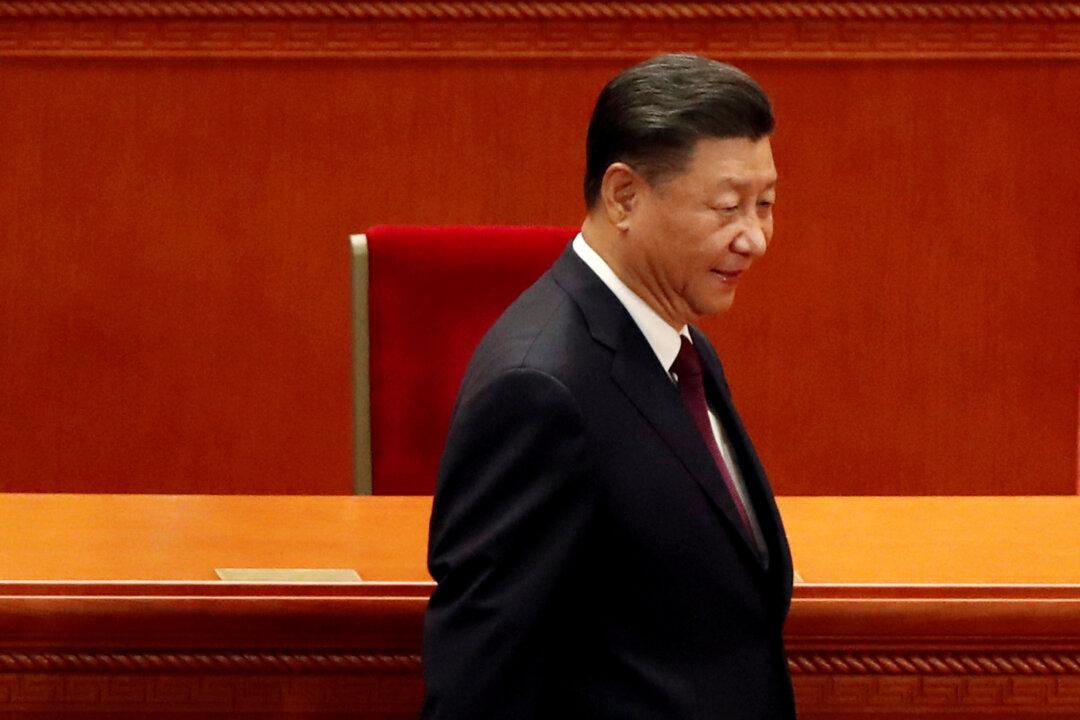Chinese Communist Party (CCP) leader Xi Jinping’s recent political moves may reveal his ambition to become the totalitarian leader of China for three consecutive terms, or even for life, experts say.
Members of the Chinese regime’s Central Committee, Politburo, and Politburo Standing Committee may be replaced at the 20th National Party Congress, to be held next year. Xi could also be reappointed by Party members for a third term.




